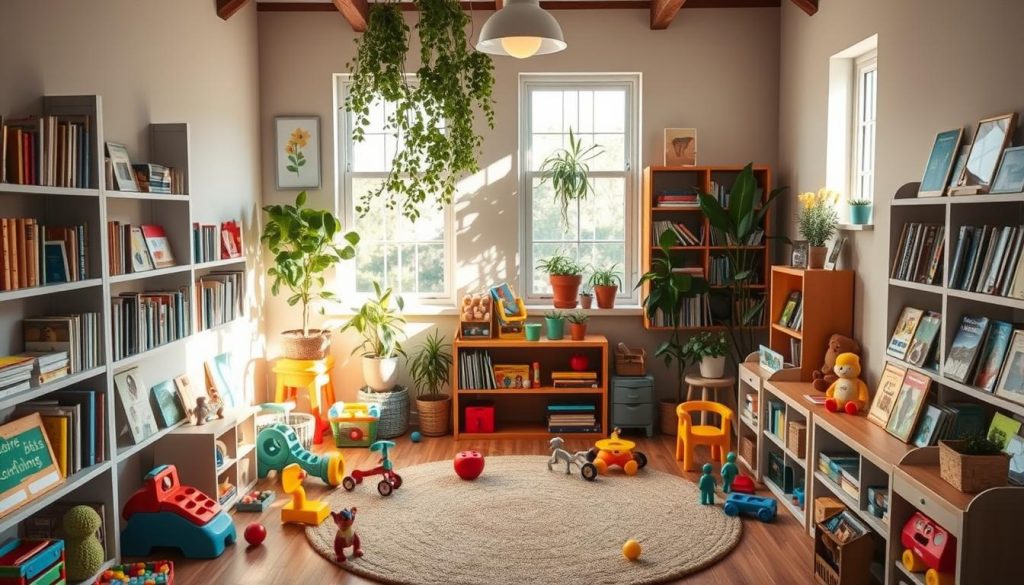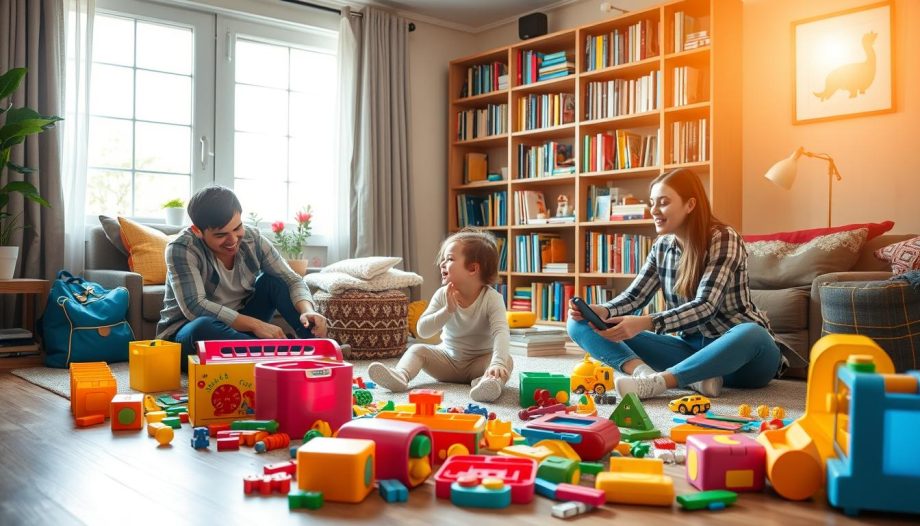As parents, we play a crucial role in our children’s early learning journeys. The foundational years are when our little ones begin to explore and understand the world around them, and understanding effective parenting tips can enhance their development significantly. Research reveals that children thrive in a nurturing environment—where they feel secure, loved, and inspired to learn. Engaging in meaningful interactions, like reading aloud and having heartfelt conversations, can stimulate cognitive development and boost language skills, helping lay the groundwork for lifelong learning.
Our involvement in these early stages nurtures curiosity and creativity, fostering a love for learning that is essential for their educational success. Together, let’s explore ways to create an enriching environment that promotes child development through effective educational activities.
Creating a Nurturing Learning Environment
Establishing a nurturing environment is essential for fostering early learning in children. A well-thought-out approach can make a significant difference in their development. By focusing on the design of our learning space, incorporating various educational resources, and promoting exploration and curiosity, we can create an atmosphere that encourages child-led learning.
Designing a Cozy Learning Space
To create a cozy learning space, we should select comfortable furniture that allows children to engage easily. Incorporating age-appropriate decorations adds to the warmth and creativity of the environment. Natural light plays a vital role in illuminating the space, making it inviting and conducive to learning. Our goal is to develop an area that inspires children to explore and learn.
Incorporating Educational Resources
Having a variety of educational resources at our disposal enriches the learning experience. Books, puzzles, and art supplies can captivate children’s interest and provide avenues for exploration. These resources support child-led learning, allowing kids to dive into subjects that pique their curiosity. When we foster an abundance of educational tools, we promote an environment where children feel empowered to learn independently.
Encouraging Exploration and Curiosity
Encouraging exploration is fundamental in nurturing a child’s natural curiosity. By providing open-ended materials and opportunities for outdoor play, we help develop creative thinking and problem-solving skills. This approach enables children to engage actively with their environment, furthering their development while fostering a sense of wonder about the world around them.

Engaging Activities to Stimulate Early Learning
In our journey to support early learning, integrating engaging activities is essential. We understand that children thrive in an environment filled with fun and interactive experiences. By incorporating stimulating early learning activities, such as matching games and scavenger hunts, we can enhance their cognitive skills while making learning enjoyable. These playful interactions spark curiosity and excitement, leading to better knowledge retention.
Fun and Interactive Games
Interactive games can be a powerful tool in developing essential skills. These games not only promote problem-solving but also encourage teamwork and communication among peers. We often turn to resources like PBS Kids for inspiration, where a variety of age-appropriate games help bolster our kids’ learning. By making playtime educational, we foster a love for learning that lasts a lifetime.
Story Time and Its Importance
Another vital aspect of early learning is story time. Reading together not only aids in literacy development but also opens doors to new vocabulary, diverse cultures, and imaginative adventures. We have found it beneficial to establish a daily reading routine that incorporates a variety of books. Using expressive storytelling techniques captures children’s imaginations and keeps them engaged, strengthening our emotional bonds while enhancing their language skills. As we read, we lay the groundwork for their cognitive development and encourage a lifelong appreciation for literature.




